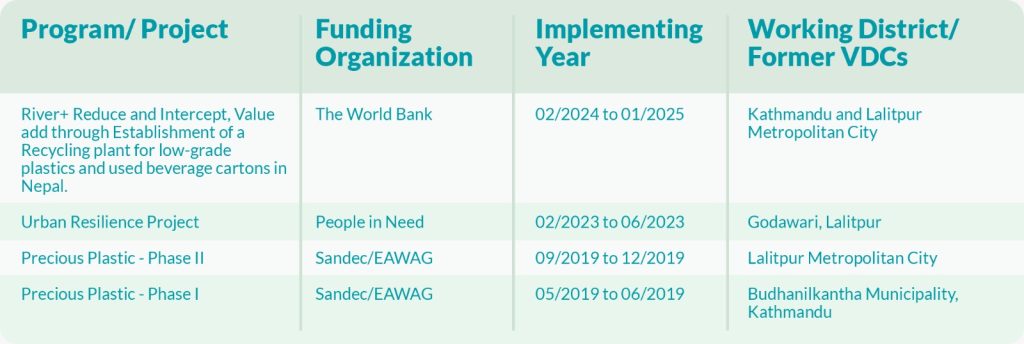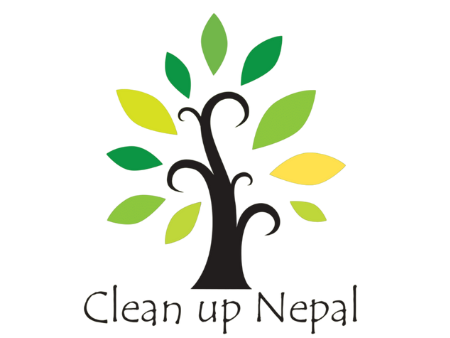Circular Economy
The concept of a circular economy has gained significant traction worldwide as a sustainable alternative to the traditional linear economy, which follows a "take-make-dispose" approach. CLEAN UP NEPAL, in its core thematic area of "Circular Economy," demonstrates a forward-thinking commitment to reshaping the economic landscape and waste management practices in Nepal.

At its core, a circular economy envisions a departure from the linear model of production and consumption, where resources are extracted, used once, and then discarded. Instead, it emphasizes a circular approach, characterized by five key principles: reduce, reuse, rethink, repurpose, and recycle.
One of the primary objectives of CLEAN UP NEPAL's circular economy initiative is to reduce waste generation. By advocating for reduced packaging, responsible consumption patterns, and sustainable production processes, the organization actively encourages businesses and individuals to generate less waste in the first place. This reduction not only minimizes the environmental impact but also reduces the pressure on landfills and waste management systems.
Resource efficiency is another pivotal aspect of a circular economy. CLEAN UP NEPAL recognizes that resources are finite and must be managed more effectively. By promoting the reuse of materials and products, the organization helps extend the lifecycle of resources, reducing the need for virgin materials. This not only conserves natural resources but also reduces energy consumption and greenhouse gas emissions associated with resource extraction and manufacturing.
The recycling of materials is a central element of the circular economy model, and CLEAN UP NEPAL actively advocates for this practice. Recycling involves collecting and processing materials to create new products, thus closing the loop in the resource cycle. Recycling not only conserves raw materials but also reduces waste, energy use, and carbon emissions. It also creates economic opportunities by supporting recycling industries and green jobs.
The ultimate aim of CLEAN UP NEPAL's circular economy initiative is to create a sustainable and regenerative economic system. This means that materials are kept in circulation for as long as possible, waste is minimized, and environmental impacts are reduced. In this circular system, waste becomes a valuable resource rather than a burden.
By embracing circular economy principles, CLEAN UP NEPAL contributes to broader sustainability goals and aligns with global efforts to transition to a more sustainable and resilient economic model. Their commitment to reducing waste, promoting resource efficiency, and advocating for responsible consumption and production practices paves the way for a cleaner, greener, and more prosperous future for Nepal.

